The Rise of Artificial Intelligence (AI) is no longer a concept confined to the pages of science fiction. Today, AI is a powerful force reshaping industries, transforming the way we live and work, and driving the next wave of technological innovation. As AI continues to evolve, it presents both exciting opportunities and significant challenges. This blog explores how AI is influencing various aspects of our lives and what the future holds for this groundbreaking technology.
The AI Revolution: More Than Just a Buzzword
AI has become one of the most talked-about topics in recent years, but it’s far more than just a buzzword. From self-driving cars to personalized recommendations on streaming platforms, AI is embedded in our daily lives, often in ways we don’t even notice. The integration of AI into consumer products, healthcare, finance, and even entertainment has revolutionized these sectors, offering unprecedented efficiency and personalization.
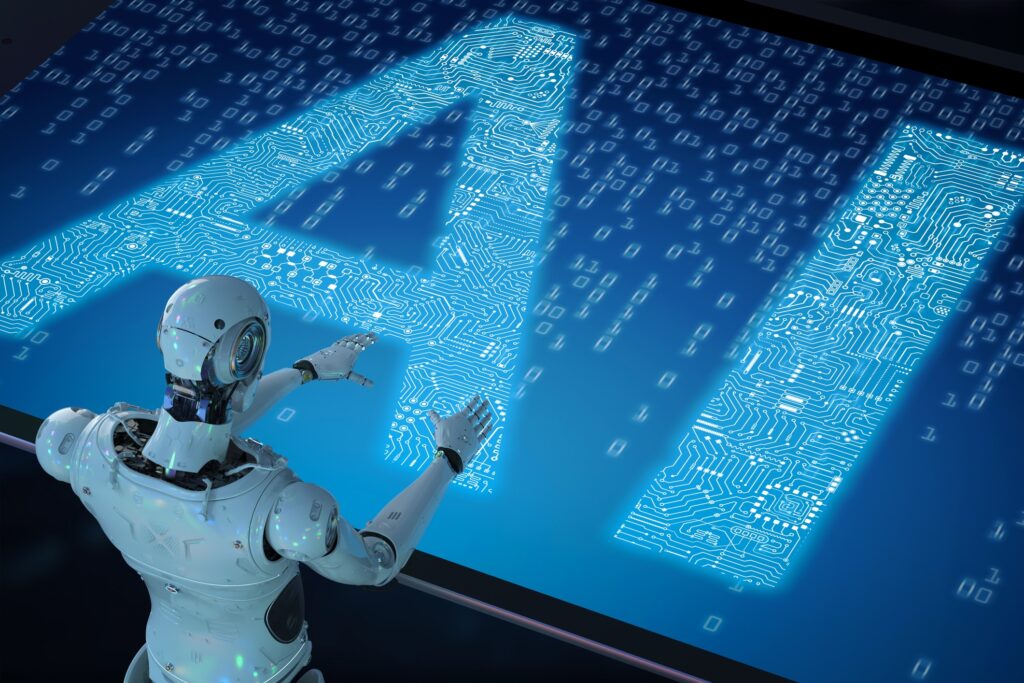
AI in Healthcare: Revolutionizing Patient Care
One of the most significant impacts of AI has been in healthcare. AI-powered tools are now capable of diagnosing diseases with remarkable accuracy, sometimes even outperforming human doctors. From detecting early signs of cancer to predicting patient outcomes, AI is transforming how healthcare is delivered. Telemedicine, powered by AI, has also gained momentum, making healthcare more accessible and convenient, especially in remote areas.
The Future of Work: AI and Job Transformation
As AI continues to advance, it is also reshaping the job market. While some fear that AI will replace jobs, the reality is more nuanced. AI is likely to automate routine tasks, allowing humans to focus on more creative and strategic aspects of their work. This shift is expected to lead to the creation of new jobs that require skills in AI development, data analysis, and machine learning. However, it also emphasizes the need for upskilling and reskilling the workforce to adapt to the changing demands of the job market.
AI and Ethical Concerns: Navigating the Challenges
Despite its many benefits, AI also raises important ethical questions. Issues such as data privacy, bias in AI algorithms, and the potential for AI to be used in harmful ways are significant concerns that need to be addressed. Governments, tech companies, and researchers are working together to develop ethical guidelines and regulations to ensure that AI is used responsibly and for the greater good.
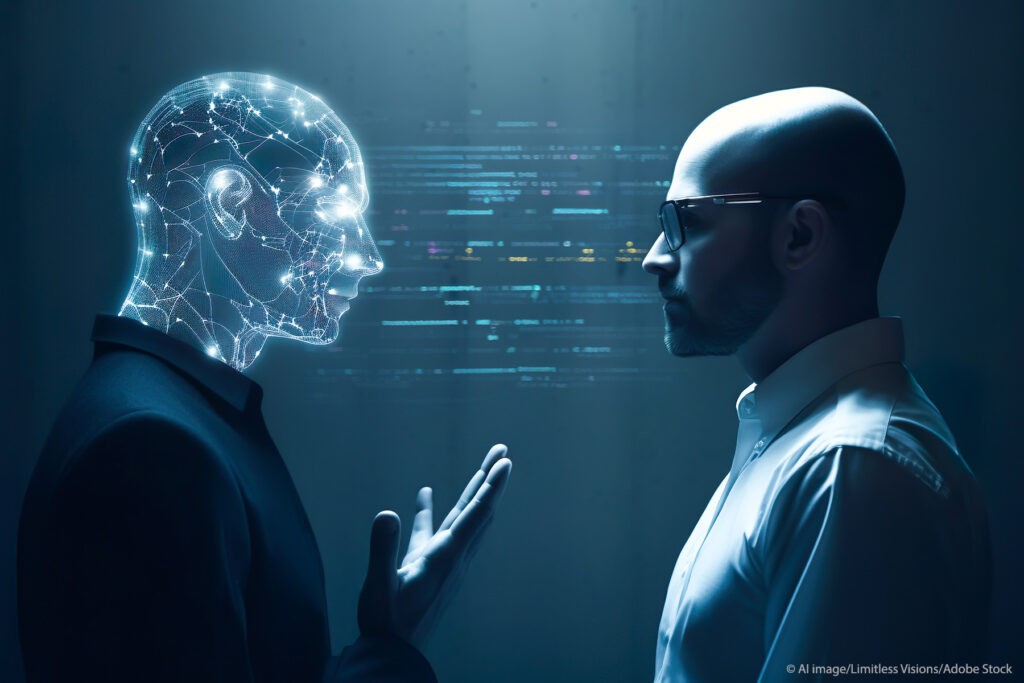
The Role of AI in Entertainment: A New Era of Content Creation
AI is not just revolutionizing industries like healthcare and finance; it is also transforming the world of entertainment. AI-powered algorithms are now used to create music, write scripts, and even design video games. Streaming services use AI to analyze viewer preferences and recommend content tailored to individual tastes. This personalization has enhanced the user experience, making entertainment more engaging and accessible.
The Road Ahead: AI’s Future Impact
The future of AI holds endless possibilities. As AI technology continues to evolve, it will likely play an even more significant role in our lives. From advancing scientific research to tackling global challenges like climate change, AI has the potential to drive innovation and create solutions to some of the world’s most pressing problems. However, it is crucial to approach this future with caution, ensuring that AI is developed and deployed in ways that benefit society as a whole.
Conclusion: Embracing AI’s Potential
AI is undeniably a game-changer, with the power to revolutionize industries, improve lives, and solve complex challenges. As we stand on the brink of an AI-driven future, it is essential to embrace the technology’s potential while also addressing the ethical and societal implications that come with it. By doing so, we can harness the power of AI to create a better, more connected world.







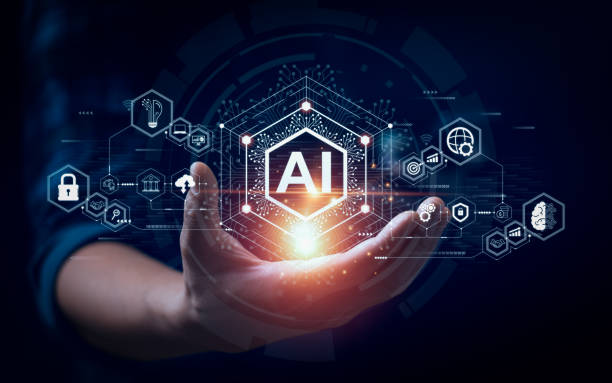

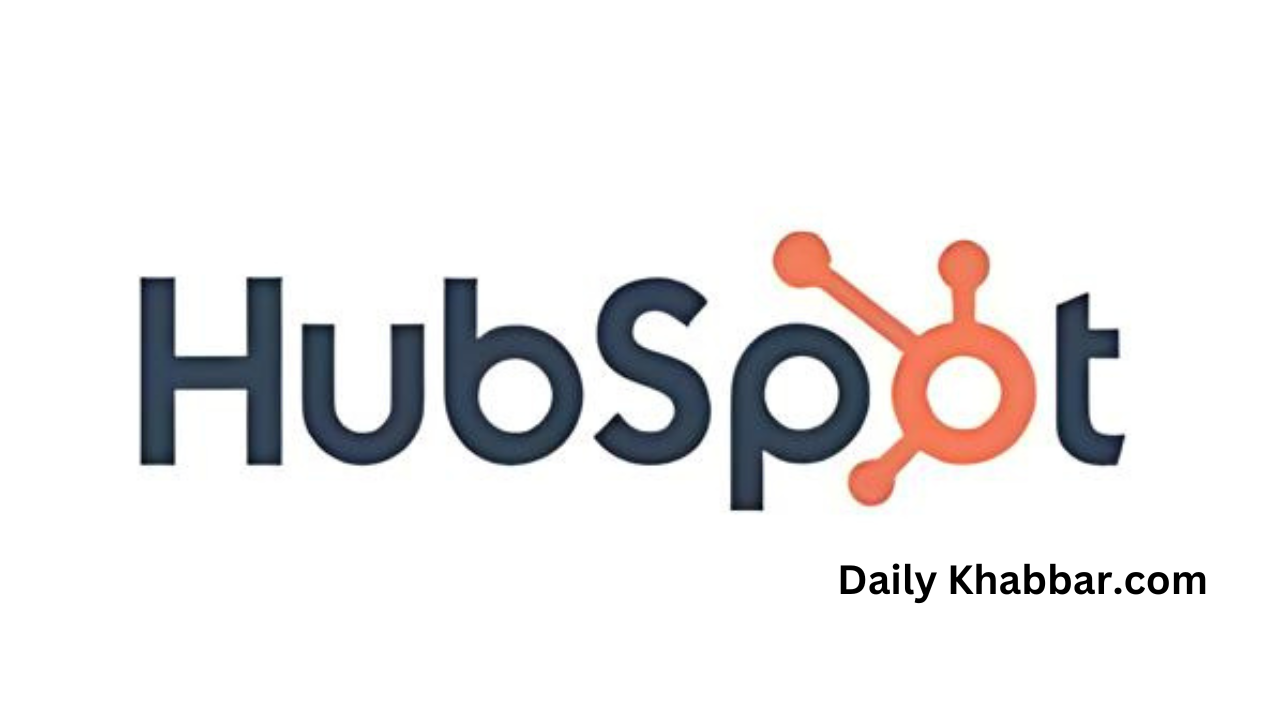
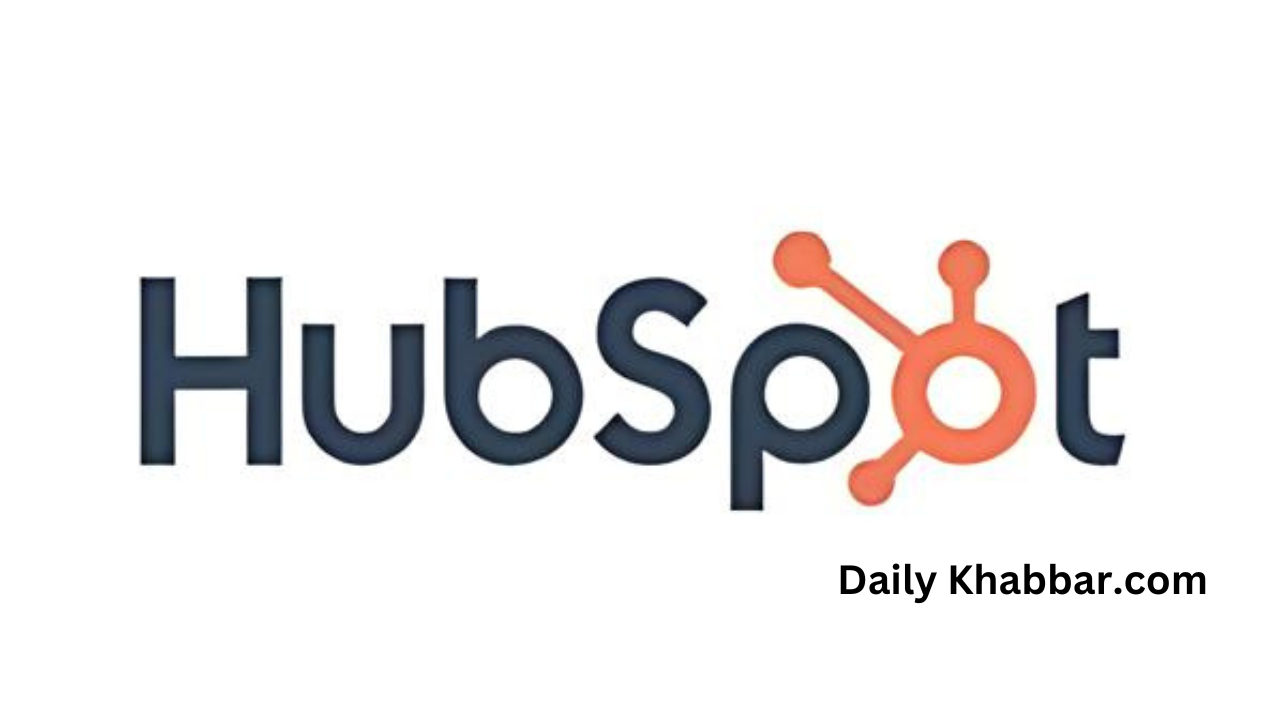



One thought on “The Rise of Artificial Intelligence: How AI is Shaping Our Future”